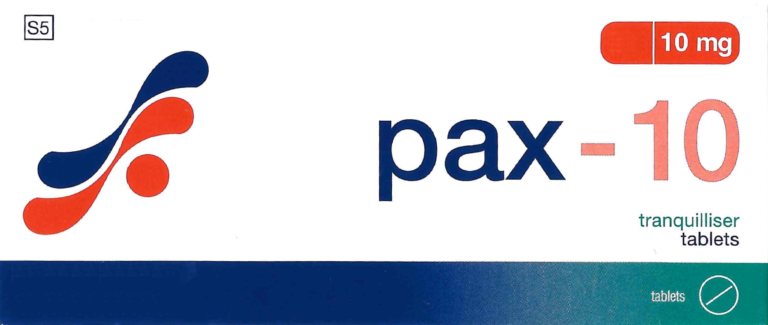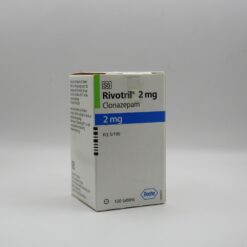Pax (10mg tablet x 30)
$8.17
Pax is a medication available in 10mg tablet form, and its active ingredient is Diazepam. Diazepam is a benzodiazepine drug that belongs to the class of medications known as anxiolytics and sedatives. It is commonly used to treat various conditions, including anxiety disorders, muscle spasms, seizures, and alcohol withdrawal symptoms. Diazepam works by enhancing the effects of a natural calming chemical in the brain to produce a calming and sedating effect. This medication is typically prescribed by a healthcare professional and should be taken as directed. It is important to follow the recommended dosage and precautions provided by your healthcare provider when using Pax.




